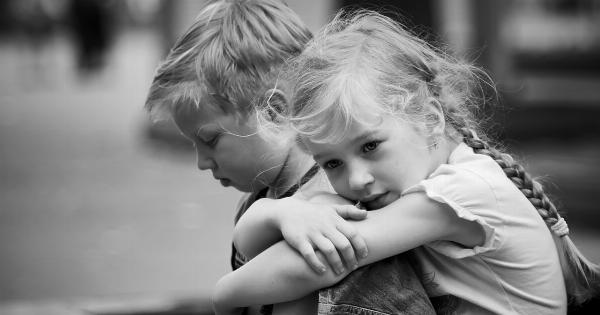Social relationships can play a crucial role in building and maintaining a positive self-esteem. Self-esteem is defined as one’s overall evaluation of oneself, including their sense of self-worth and self-respect.
It is important to note that self-esteem is not a static concept—it can change over time and under different circumstances.
The Importance of Social Relationships for Self-Esteem
Social relationships can provide invaluable emotional support and validation that can foster a positive self-image.
When we have people in our lives who care about us, accept us for who we are, and provide us with emotional support, it can lead to greater feelings of self-worth and self-confidence. Conversely, when we lack close relationships or experience negative social interactions, it can lead to feelings of low self-esteem.
Research has shown that social support can buffer the negative effects of stress on mental health (Thoits, 1995), including self-esteem. For example, a study by Johnson et al.
(2011) found that college students who reported higher levels of social support also had higher self-esteem levels.
Types of Social Support
Not all social support is created equal. Different types of support can have different effects on self-esteem. For example, emotional support (e.g.
encouragement, understanding, and empathy) is more strongly linked to self-esteem than instrumental support (e.g. tangible support, such as financial assistance or help with daily tasks) (Kobasa & Puccetti, 1983).
Similarly, perceived support (i.e. the perception that one has support available if needed) has been found to be more strongly associated with self-esteem than received support (i.e. actual support received) (Sarason et al., 1983).
This suggests that simply feeling as though support is available can have a positive impact on self-esteem, even if the support is not consistently utilized.
The Role of Social Comparison in Self-Esteem
Social comparison is the process of evaluating oneself in relation to others. People often engage in social comparison in order to evaluate their own abilities, opinions, and attributes. Research has found that upward social comparison (i.e.
comparing oneself to those who are doing better) can have a negative effect on self-esteem, while downward social comparison (i.e. comparing oneself to those who are doing worse) can have a positive effect on self-esteem (Wills, 1981).
Interestingly, the impact of social comparison on self-esteem can vary depending on the type of social support available.
One study found that upward comparison had a smaller negative effect on self-esteem for individuals who perceived greater social support (Shirai, 2009). This suggests that having supportive relationships can mitigate the negative effects of comparing oneself to others who appear to be doing better.
The Role of Rejection in Self-Esteem
Rejection, whether it comes in the form of rejection from a romantic partner, a friend, or a potential employer, can have a significant impact on self-esteem.
Research has found that rejection can lead to lower self-esteem, as well as increased negative affect and diminished sense of personal control (Leary et al., 2001).
However, the impact of rejection on self-esteem can be mitigated by social support. A study by Marshall et al. (2011) found that social support can serve as a buffer against the negative effects of rejection on self-esteem.
Conclusion
Social relationships can play a crucial role in the development and maintenance of self-esteem. Positive social support can provide emotional validation and bolster feelings of self-worth and confidence.
However, not all types of social support are created equal—emotional support and perceived support may be more strongly associated with self-esteem than instrumental support and received support. Additionally, social comparison and rejection can have negative effects on self-esteem, but supportive relationships can help mitigate these effects.






























